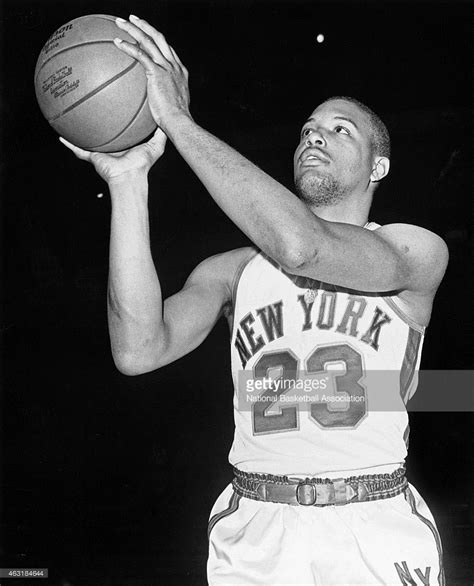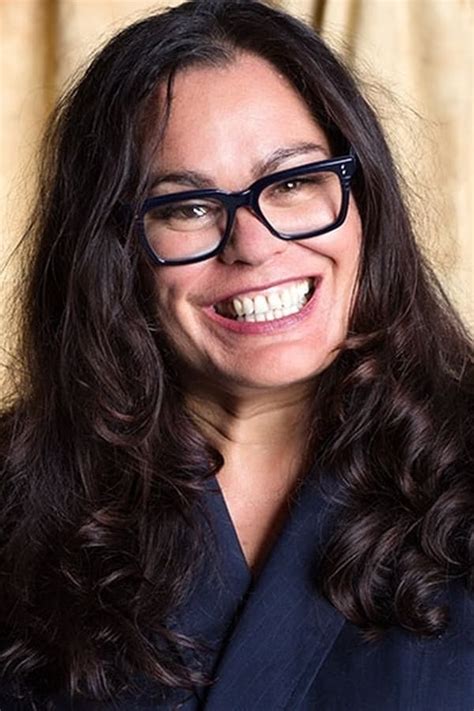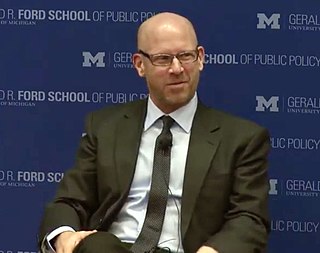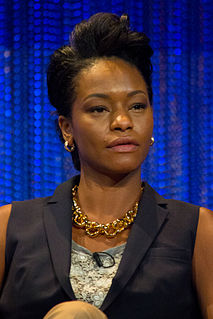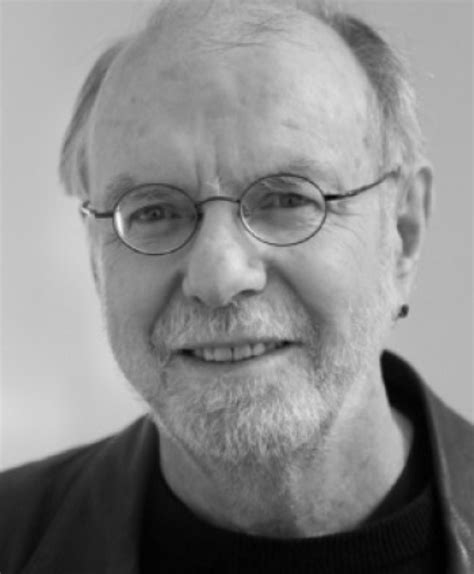A Quote by Judith Butler
Intersectionality has made an important contribution to social and political analysis, asking all of us to think about what assumptions of race and class we make when we speak about "women" or what assumptions of gender and race we make when we speak about "class." It allows us to unpack those categories and see the various kinds of social formations and power relations that constitute those categories.
Related Quotes
If others tell us something we make assumptions, and if they don't tell us something we make assumptions to fulfill our need to know and to replace the need to communicate. Even if we hear something and we don't understand we make assumptions about what it means and then believe the assumptions. We make all sorts of assumptions because we don't have the courage to ask questions.
We have a tendency to make assumptions about everything! The problem with making assumptions is that we believe they are truth. We could swear they are real. We make assumptions about what others are doing or thinking-we take it personally-then we blame them and react by sending emotional poison in our word. That is why whenever we make assumptions, we're asking for problems. We make assumptions, we misunderstand, we take it personally, and we end up creating a whole big drama for nothing.
I think that it is too common for white feminists to say, 'We want some diversity. Come join our movement about gender, but we want you to check the class and race at the door.' And you can't undo that braid of race, class, and gender: all three intersect with each other, so it's important for more education to be done about that.
Zen is the enemy of analysis, the friend of intuition. The Zen artist understands the ends of his art intuitively, and the last thing he would do is create categories; the avowed purpose of Zen is to eliminate categories! The true Zen-man holds to the old Taoist proverb,
Those who know do not speak. Those who speak do not know.
Much of the conventional analysis of India's stature in the world relies on the all-too-familiar economic assumptions. But we are famously a land of paradoxes, and one of those paradoxes is that so many speak about India as a great power of the 21st century when we are not yet able to feed, educate and employ all our people.
If you think about 'Person of Interest' with Taraji P. Henson or 'Scandal' with Kerry Washington - any of those black women could have been any race; they just happen to be black. And those are the characters that I'm more attracted to. It's not so much about separation of race, but really, more uniting us.
Stereotypes are ways of making extremely primitive and simple differentiations. Differentiations of gender, race, class, social status - so ordinary social life is very much built upon a whole repertoire of stereotypes we carry around. And those are immediately laminated onto people, and it isn't just visual.



